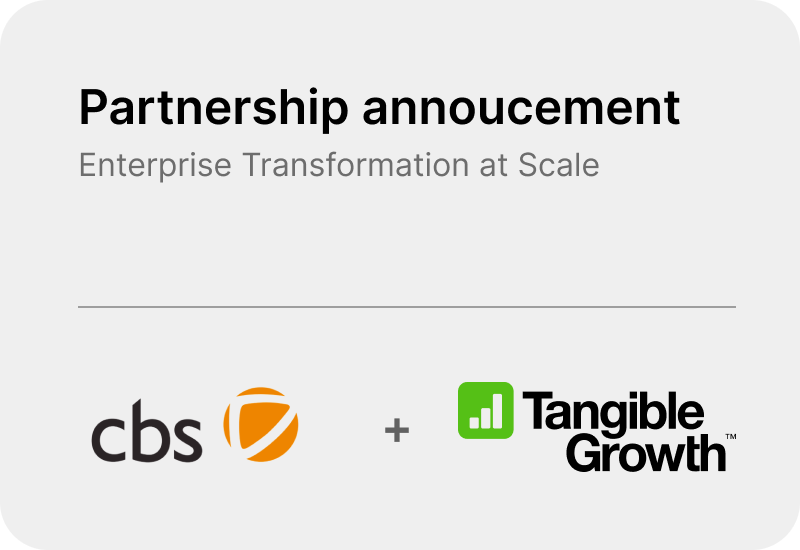
A key to Successful Strategy Execution
Embracing change capability
In today’s dynamic and rapidly evolving business landscape, adaptability and change capability have become paramount for the survival and success of companies. The traditional notion of stability and predictability in business has given way to a new reality characterised by constant disruption, technological advancements, shifting consumer preferences, and global challenges. In this environment, it is no longer a matter of choice for companies to become change capable; it is an imperative.
However, in some cases this dynamic volatile, uncertain and complex world is used to justify launching ambitious initiatives, which rarely succeed. Using transformation as an end, rather than a means to an end. It puts the cart before the horse. Leading to a resistance from people to embrace change, by not having clear priorities & directions and missing out the ability to operate within a certain autonomy.
So how can leaders create an environment that embraces change and execute on the strategy, making it tangible?
We work with leaders in all different kind of industries and identified certain principles that are indispensable to achieving their strategies. They are relentless about strategy execution and invested in ensuring their way of working, data set and governance is directly related with the strategy itself. They have invested in a strategy execution process that is adaptive, rolling and adjustable.
An adaptive approach rests on the idea of serial temporary advantage. In today’s unpredictable environment, the emphasis in on continuous experimenting, testing possible solutions and real-time adjustments to the plan rather than on long-term analysis and planning.
But how to get this done, what are the principles for leaders to invest in?
- Vision instead of volatility; develop a vision that creates anchor points for your employees. Under circumstances of constantly changing assumptions, it helps to have a long-term goal, painting a vivid picture of the future with outcomes more than only financial.
- Develop an iterative strategy execution process; instead of a yearly review of strategy, if you want to be truly adaptive, you should always be iterating on your strategy, responding to changes as they occur or whenever new information becomes available.
- Develop a culture of experimentation; adaptive strategies are always in flux, with uncertainty creating opportunities. This can be managed by embedding a culture of experimentation. When teams encounter that certain assumptions are invalid, they can use the skills they have gained and pivot to a direction that is more valid.
- Activate the strategy by setting clear Objectives and Key results (OKR’s); translating strategy into a specific, measurable framework for tracking progress and ensuring that everyone is aligned on the most important goals.
- Use quarterly “decide-do & refine-do” cycles based on key results; for teams to control their progress and speed. Rather than applying indicators at the end of the period.
- Lead high cross-functional collaboration; comprising of members with diverse skills and expertise. Track & Drive at least twice a month the progress between the teams and sponsor. Alignment and accountability across organisational units is critical and this ritual will increase the ability of self-healing behaviours.
Lead by example with Strategy & OKR promotors
One of the most effective ways to drive change and embed an adaptive execution progress is to identify and amplify the voices of change champions across an organisation. These are the people who display confidence and competence with new ways of working and tools, and who can bring others along with them.
These champions, placed strategically across the organisation, help to make the strategy tangible by demonstrating the art of possible. They function as catalysts by leading by example and making others aware of what frameworks and tools exist, how to use them, and how they can benefit from them in their work.
In summary, effective leaders translate strategy into a specific measurable framework for tracking progress and staying closely connected to what is actually happening. They have a relentless focusing on bringing autonomy to the teams, fostering cross-functional alignment and lead by example.



